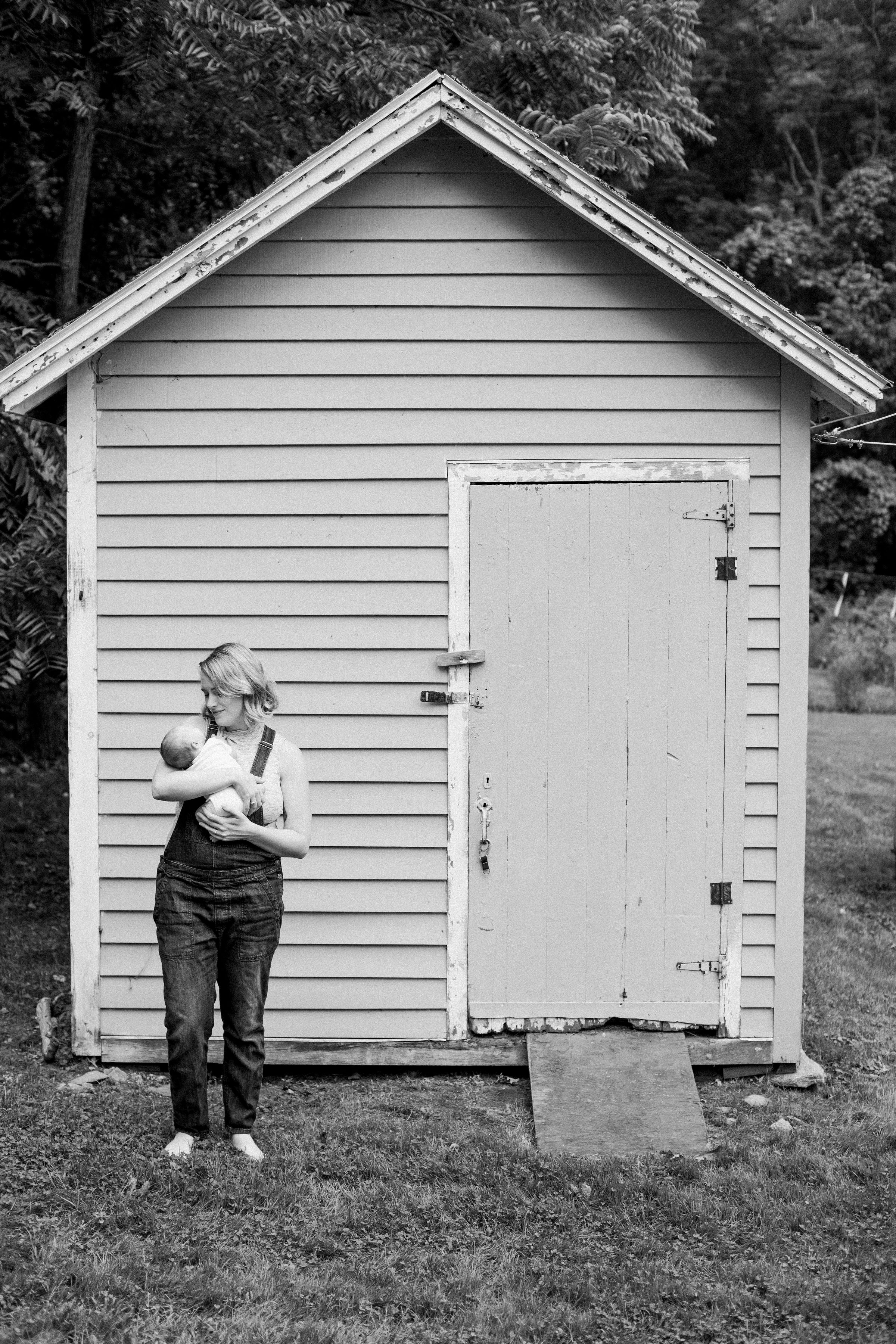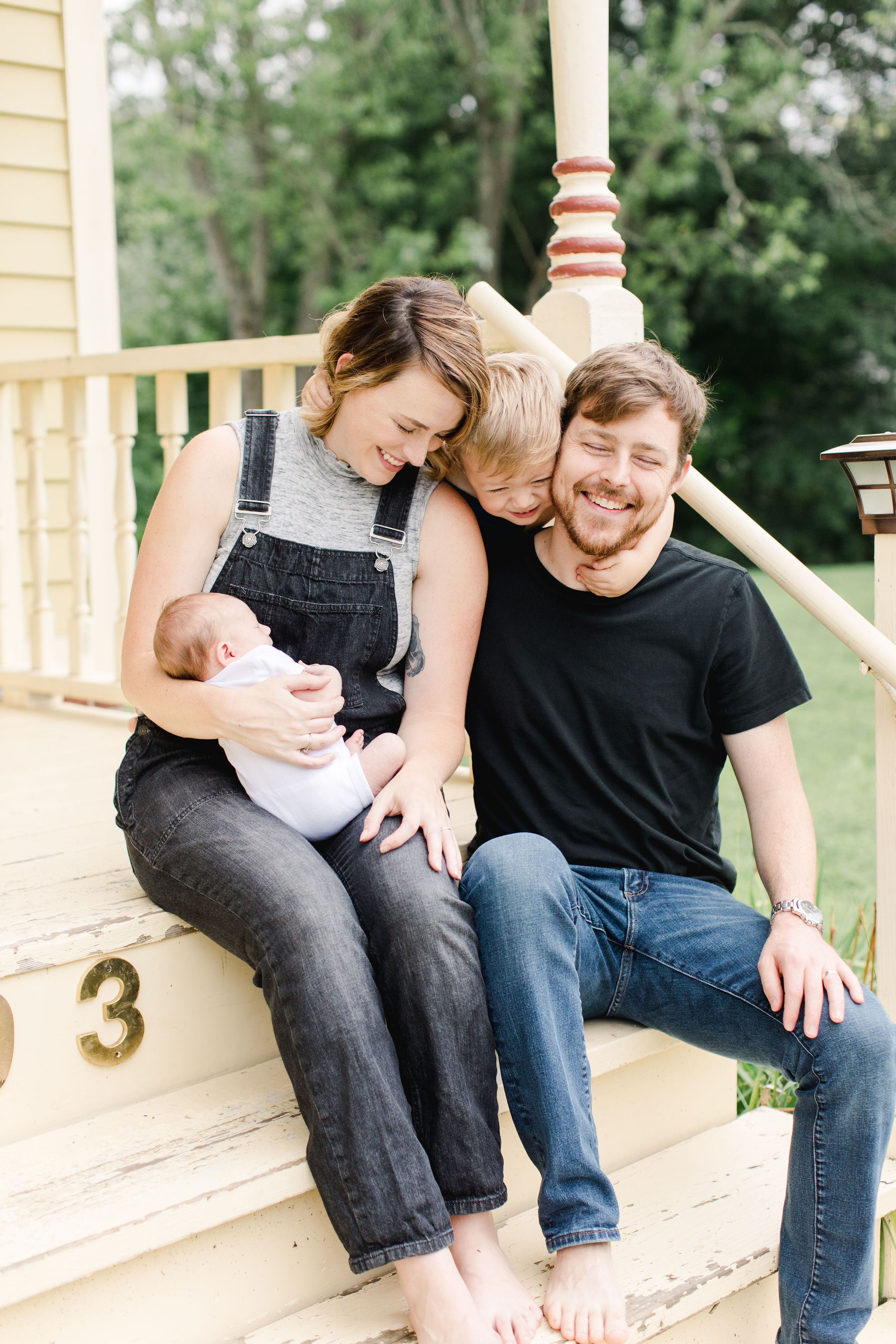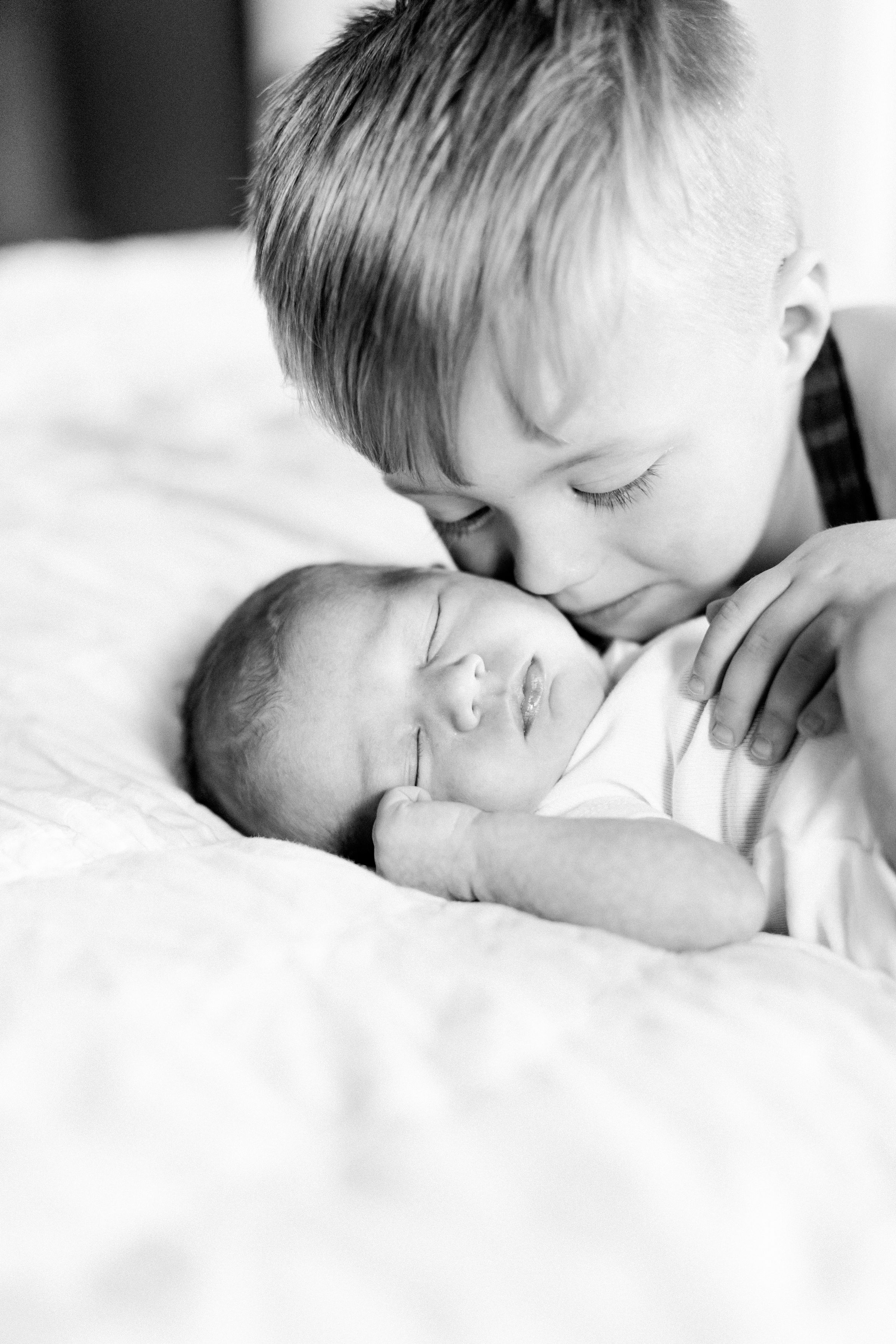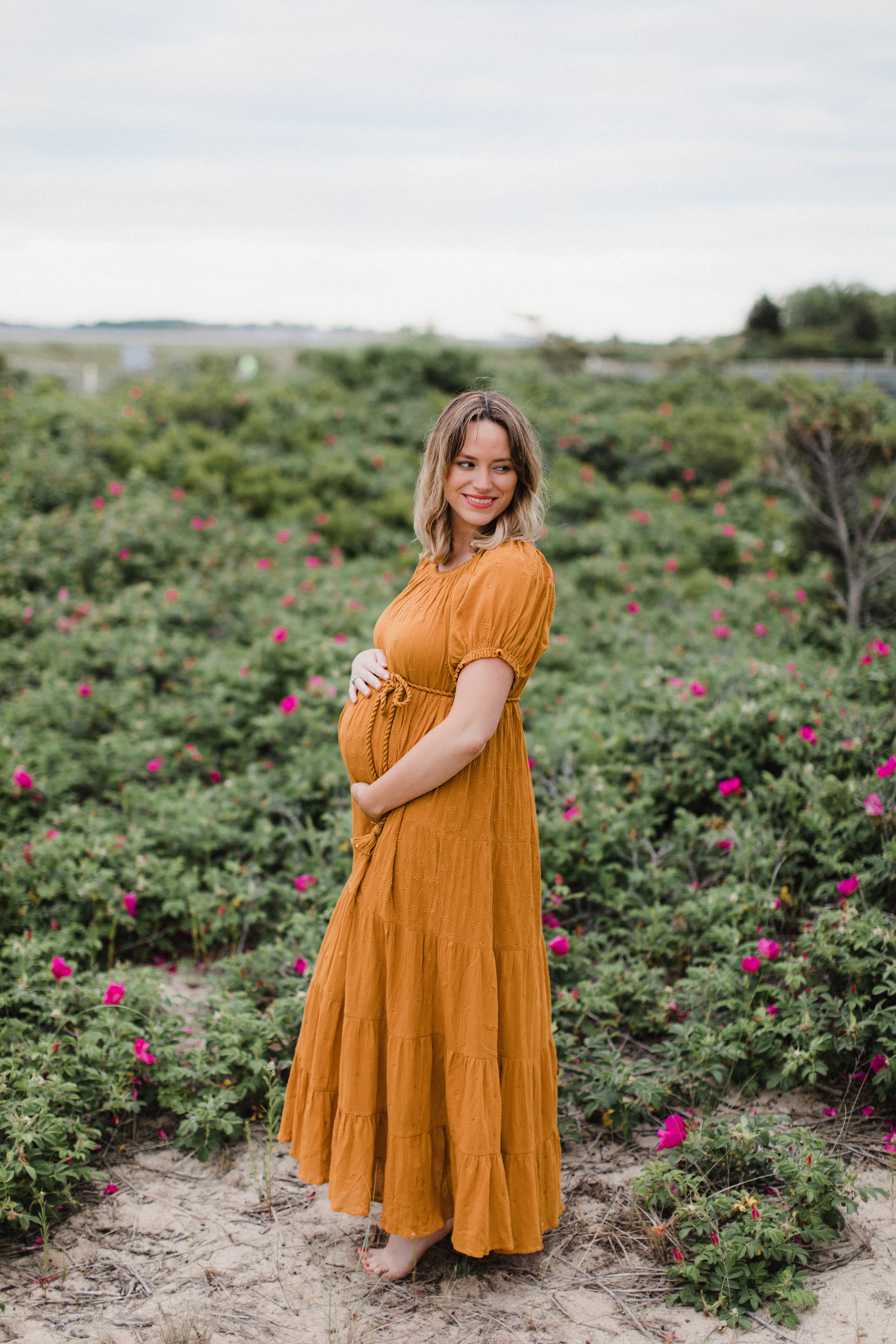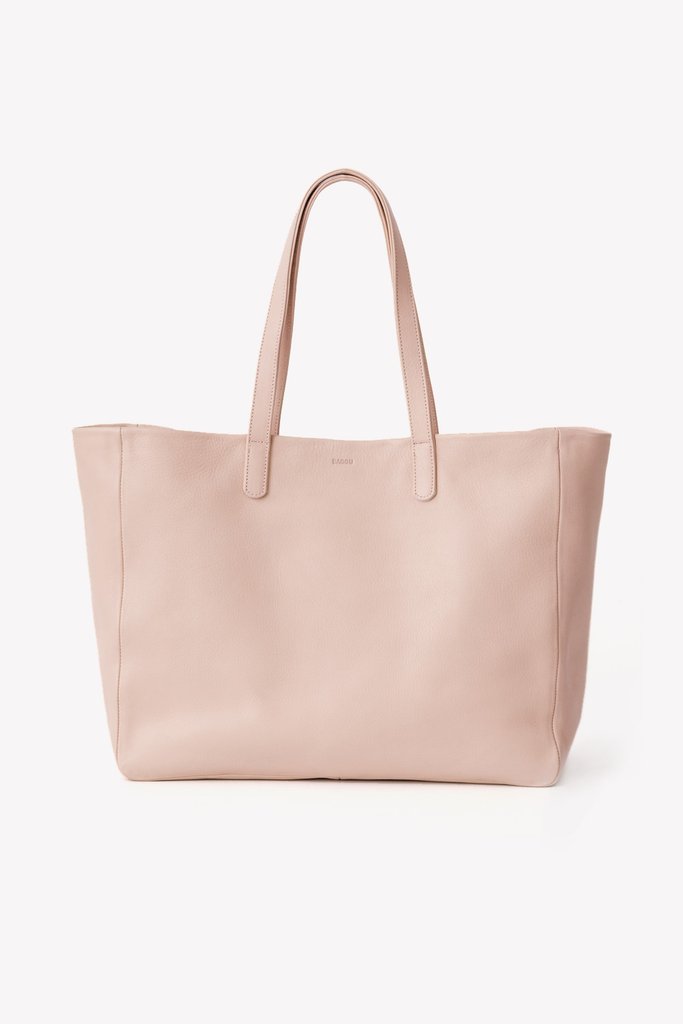In the summer of 2017, I had been teaching yoga for a year, and my confidence as a teacher was growing. I felt strong in my asana (physical posture) practice, and I was becoming increasingly comfortable when it came to planning sequences for classes and delivering effective cues. I felt on top of my game. I prided myself on my ability to explain yoga in a way that didn’t seem too “new agey” and that fit into my world of upper middle class Connecticut yogis. I preached phrases like, “We are all the same,” and, “You have everything you could ever need right now in this moment,” and, “Your vibe attracts your tribe.”
Then one day when I was scrolling through Instagram, I came across a post by one of my favorite accounts, Kait Hurley. Though I don’t remember the exact content of the post, I know that it led me to some women of color who were doing the work to educate their followers about anti-racism. It was the first time I had heard that term, but it made sense to me. It’s not enough to “not be racist”; it was my obligation as a white woman to be ANTI-RACIST, to put in work to oppose racism. Before discovering these women of color, an inspiring group of educators and activists, my Instagram feed was full of women who looked mostly like me: thin, white, able-bodied cis-gender women who posted about yoga outfits, holistic skincare rituals, and “clean” eating (which mostly just served to fuel my eating disorder).
After following the women I mentioned before, educators who take to social media, like Rachel Elizabeth Cargle, Layla F. Saad, and Rachel Ricketts, I was impelled to look at myself and examine the ways that I have perpetuated racism in my own life. I honestly didn’t want to do it. It was uncomfortable, and I was in denial. I always considered myself “not racist”, but I don’t think I had ever gone out of my way to try and put myself in the shoes of a person of color (POC) to see how they might experience an interaction differently than me. I was ashamed that that hadn’t occurred to me before. I try that now, but I know I will never truly understand what it’s like to be a POC. As a white instructor of ancient yoga practices who wants to challenge the industry, I want to avoid falling into the “We are all one” trap, which is just like saying, “I don’t see color.” It negates someone else’s different lived experience, and that is the opposite of mindfulness. It’s sweeping huge, systematic issues of racial inequality under the rug. As a white person, I need to do the work to dismantle my own ideas about whiteness, what it means to be an ally, or even better, an accomplice[1]. The antiracism work I’m interested in isn’t just to help POC but is good for everyone’s liberation and wellbeing. One area I’ve been pushing this is through the predominately white world of the U.S. yoga business.
As I’ve been working through all of this, the most pushback I’ve received has come from other liberal, spiritual white women, specifically other yoga practitioners and teachers, who are unwilling to see how their appropriative practices may cause harm. I’ve heard “I don’t get what the problem is with cultural appropriation. We’re all borrowing from everyone.” But as I said in a previous post, “when a dominant culture is cherry picking words from a marginalized one and using them without even knowing their meaning (not to mention without having to experience the racism directed at the people actually OF that culture) it can be hurtful to actual people of that marginalized culture.” For example:
● White people saying, “Namaste” at the end of every yoga class even though Namaste is actually a greeting, not a closing.
● White women calling their group of friends a “tribe” and wearing “Tribe” tank tops without understanding or even trying to understand the racism experienced by indigenous people, historically and today, because they are members of federally recognized tribes.
● White Kundalini yogis wearing turbans while practicing Sikhs are still victims of hate crimes, including murder, almost 20 years after 9/11.
● White women who wear “Spiritual Gangster” and “Namaslay” tank tops—co-opting and commodifying African American slang—when most refuse to say that #BlackLivesMatter.
These are all examples of harmful cultural appropriation. It’s as if white people are shoving the power imbalance in the faces of POC. “I can take this thing from your culture without understanding it, and no one can do anything to me.” The things that white people take and then commodify are often things that, at some point, POC were stigmatized or oppressed for, like using African American slang, wearing a turban, or practicing yoga.
This isn’t to say that every white person who teaches yoga and has misused the word “tribe” is an evil person; at least, I don’t think I am! Our work, as these white people who’ve made missteps, is to apologize, change our behavior, and use (and give up) our privilege. Many of the spiritual white women I know refuse to apologize for microaggressions towards people of color because they “didn’t mean them”; they were mistakes. They weren’t trying to cause a problem. They accuse the people who they’ve hurt of dwelling on the issues instead of getting over it because the “real yoga” is being able to “let it go” and step away because “we’re all one.” This is called spiritual bypassing, a term coined by psychotherapist, John Welwood, and it’s a form of gaslighting. Denying someone’s lived experience, blaming the victim, and avoiding an apology because you didn’t “intend” harm and insisting that the person you harmed is the one creating conflict is maddening, and it is not yoga. It’s not your intention that matters; it is your impact. It’s not easy to admit you’ve done wrong, but I would argue that letting go of your ego and apologizing is real yoga and will make you a better person in the long run.
I’m hoping I can use my voice to shed light on these issues and direct readers to these brilliant educators, and yes, I may get some argument from my peers or (gasp!) lose followers, but that is nothing compared to the violence, both verbal and even physical, that the POC saying these same things experience. How can you spend your privilege? If you’re a white, turban-wearing Kundalini yogi, maybe you can donate your time and money to your local Sikh temple and educate your white peers about the violence aimed at practitioners of this peaceful religion. Maybe you use your privilege to simply say, “I think the Bride Tribe temporary tattoos are a bad idea for the bachelorette party, and here’s why.” Putting yourself on the line even a little bit is what makes you more of an accomplice instead of just an ally.
I often find myself wondering, “Do I really have any business teaching yoga as a white woman? This practice does not come from my cultural roots.” I’m not sure I know the answer yet, but here are some things I’m doing to try and honor the roots of yoga: I’m listening to people of the South Asian Diaspora and trying to learn from them. Susanna Barkataki’s “Honor, Don’t Appropriate Yoga” summit and the “Yoga is Dead” podcast are great resources. Training and learning only from white teachers who have learned from other white Westerners creates an opportunity for a lot of whitewashing of yoga. I’m asking that my home studio host inclusivity trainings so that all of the teachers and students there can become aware of how we can help POC feel more welcome. I’m learning more about yoga philosophy and meditation instead of focusing primarily on the physical asana practice. Yoga is so much more than exercising!
I am still learning and found this work through another white woman who describes herself as “late to the game.” I am even later. But, I’ve committed to working on myself and encouraging other white people to do the same so that we can help make the world of yoga a safer place for POC. There is always so much to learn as we practice yoga, and just like antiracism work—we’re never done. As teachers and practitioners of yoga, as allies and accomplices against oppression, we are forever students.
Resources
1. When Feminism is White Supremacy in Heels by Rachel Elizabeth Cargle
2. Me and White Supremacy by Layla F. Saad
3. This Racist S*** Won’t Change Until White People Put in the Work by Rachel Ricketts
4. 100 Ways to Support—Not Appropriate From—Native People by Simon Moya-Smith
5. White Fragility: Why It’s So Hard to Talk to White People About Racism by Dr. Robin DiAngelo
6. Honor, Don’t Appropriate Yoga Summit by Susanna Barkataki
[1] A person who fights alongside the oppressed and becomes complicit in a struggle towards liberation






